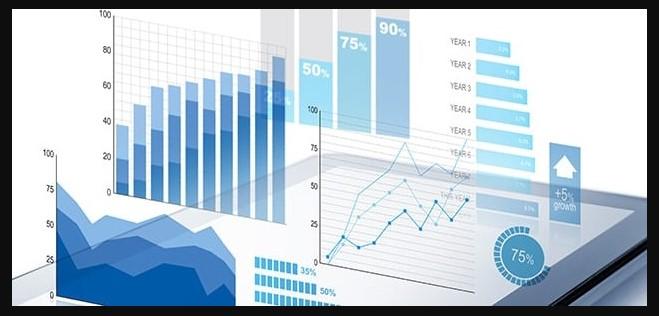PEPs and Sanctions screening- a basic guide

Performing comprehensive PEPs and sanctions lists checks is not only a legal necessity but also a proactive measure to preserve confidence and guarantee the integrity of your company in the global financial ecosystem in the face of increased geopolitical and fraud risks. These screening procedures are an essential deterrent to illegal activity. You can get in touch with a company that deals in PEPs or foreign currency exchange software that can help you with this task.
You can reduce your chance of unintentionally participating in money laundering, corruption, or other fraudulent actions by identifying and keeping an eye on PEPs. To safeguard your company, lower legal and reputational risks, and steer clear of potentially hefty fines and sanctions, sanctions screening can assist in avoiding any affiliation with entities or individuals who are subject to sanctions.
PEPs: What are they?
People who have recently held or been entrusted with high-profile public positions that expose them to possible financial corruption are known as Politically Exposed Persons (PEPs). These people could be heads of state, including presidents and prime ministers, as well as municipal government representatives, mayors, and religious leaders.
What dangers come with doing business with a PEP?
PEPs can influence individuals or policy because they typically have access to resources and political power. Your company may be at risk because of this. While doing business or offering financial services to a PEP is not illegal, it is advised to exercise extra caution while interacting with them.
Their increased vulnerability to impersonation is another issue. They are a popular target for impersonation because they are well-known and much of their personal information is accessible online. Recent developments in deepfake technology have increased this concern. To make sure you are working with the right person, you might want to perform extra due diligence steps if someone flags as a PEP.
Is the PEP the only thing at risk?
No. Wives, husbands, kids, and other family members, as well as intimate friends and coworkers like PEP employees and business colleagues, may pose a risk to your company. According to AML legislation, these persons must likewise undergo the same level of screening and monitoring as the PEP.
Sanctions: What are they?
Financial sanctions are restrictive or punitive policies intended to preserve or re-establish global security. Usually, these actions are taken in reaction to actions that are judged intolerable, like transgressions of international law, abuses of human rights, or dangers to world peace. Sanctions might be in the form of financial penalties, travel bans, asset freezes, or trade restrictions. A company dealing in sanctions or a digital remittance platform can help you with more information about this.
By whom are sanctions imposed?
Governments and global institutions, including the Organisation for Security and Cooperation in Europe (OSCE), the European Union, and the United Nations.
Sanctions lists
All of the people and organisations (banks, ships, aeroplanes, and organisations) that are subject to restrictive measures are listed in sanctions lists. Additional details on the sentence are also included in the lists. For instance, if the injunction forbids companies from offering the individual or group financial services.
What connection do sanctions screening and PEPs have to AML procedures?
An essential component of the AML process, sanctions screening aims to identify and stop the disguise of funds received illegally, usually through transactions utilising foreign banks or lawful companies.
It assists businesses in meeting legal obligations, reducing risks, and supporting international initiatives to stop money laundering and the funding of terrorism. Finding and stopping transactions with people, groups, or nations that are sanctioned is the main goal of sanctions screening.






